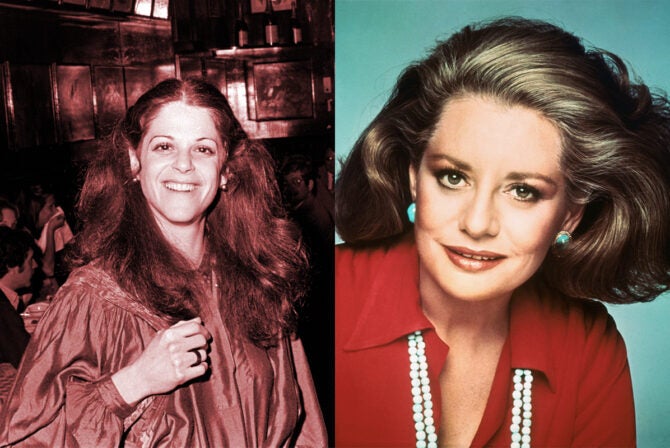Shonda Rhimes, one of the leading entertainment icons of our age (“Grey’s Anatomy” creator, “Scandal” showrunner, the list goes on), just created a new beauty video that we all need to watch.
She collaborated with Dove to make “Meet Kylee,” which is a short documentary created with an all-female crew in Utah.
The film focuses on Kyleee Howell, the founder of Friar Tuck’s Barbershop, a mecca for hair, since it offers free haircuts to anyone of any gender. Howell told Rhimes why this service is important:
“I thought about a young Kylee seeing me, and going, ‘Yeah, I can look like that, and that’s okay.’ I can still be beautiful and be [my] version of a girl.”
Rhimes recently spoke to Elle about hair, our perceptions and stories of beauty–and she had, as you can imagine, a lot of thoughts. For one, hair is part of identity, especially an evolving identity (so maybe there is some truth to why people drastically change hairstyles):
“I think hair is pretty central to identity. I think that’s true for all women, but I know for me that my hair is true for who I am. It always reflects some evolution in me. When I change my hair, you know something about me is changing.”
When it comes to her own hair, she’s rocking her natural curls, because it means “I’m walking into a space where I’m not concerned with other people’s opinions. I’ve freed myself from that.'”
Although hair can be more political for black women and members of certain ethnic groups (ahem! Jewish hair!), the reality of gender roles mean that our coiffures are often loaded. It definitely makes me think about why I’ve changed and worn my hair certain ways, and why, for instance, I have chosen to have long hair now–as opposed to rocking a Mia Farrow-esque “Rosemary’s Baby” haircut or the Louise Brooks’ roaring twenties bob for so long.
How we choose to identify changes our people perceive us, which can be freeing—but also opens the door for others to reinforce stereotypes (like “looking” queer or being judged for your perceived race or religion).
As much as we need to dispel stigmas, and also wear our hair the way we choose, can we ever truly get away from negative stereotyping? I hope so–and I do believe documentaries like this will raise awareness and push back on antiquated ideas (like women can’t have short hair or black women shouldn’t have natural hair).
Check out the video below–and tell us about your hair identity and evolution in the comments below:
https://youtu.be/Y42U9YocVR0







